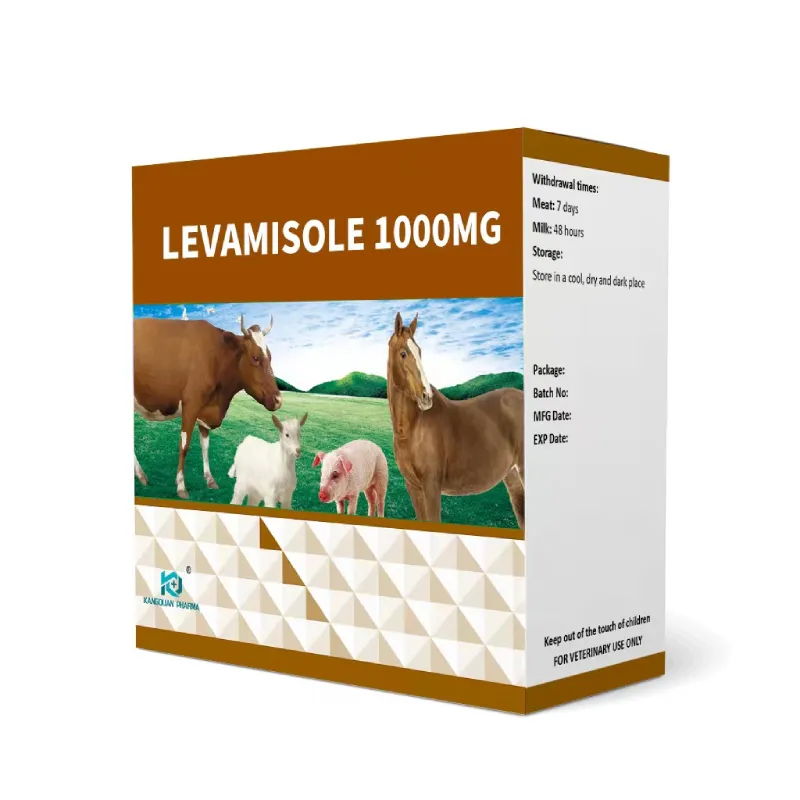- Afrikaans
- Albanian
- Amharic
- Arabic
- Armenian
- Azerbaijani
- Basque
- Belarusian
- Bengali
- Bosnian
- Bulgarian
- Catalan
- Cebuano
- Corsican
- Croatian
- Czech
- Danish
- Dutch
- English
- Esperanto
- Estonian
- Finnish
- French
- Frisian
- Galician
- Georgian
- German
- Greek
- Gujarati
- Haitian Creole
- hausa
- hawaiian
- Hebrew
- Hindi
- Miao
- Hungarian
- Icelandic
- igbo
- Indonesian
- irish
- Italian
- Japanese
- Javanese
- Kannada
- kazakh
- Khmer
- Rwandese
- Korean
- Kurdish
- Kyrgyz
- Lao
- Latin
- Latvian
- Lithuanian
- Luxembourgish
- Macedonian
- Malgashi
- Malay
- Malayalam
- Maltese
- Maori
- Marathi
- Mongolian
- Myanmar
- Nepali
- Norwegian
- Norwegian
- Occitan
- Pashto
- Persian
- Polish
- Portuguese
- Punjabi
- Romanian
- Russian
- Samoan
- Scottish Gaelic
- Serbian
- Sesotho
- Shona
- Sindhi
- Sinhala
- Slovak
- Slovenian
- Somali
- Spanish
- Sundanese
- Swahili
- Swedish
- Tagalog
- Tajik
- Tamil
- Tatar
- Telugu
- Thai
- Turkish
- Turkmen
- Ukrainian
- Urdu
- Uighur
- Uzbek
- Vietnamese
- Welsh
- Bantu
- Yiddish
- Yoruba
- Zulu
10 月 . 04, 2024 06:20 Back to list
albendazole deworming dosage for goats
Albendazole Deworming Dosage for Goats
Albendazole is widely recognized as an effective anthelmintic (dewormer) for goats, playing a crucial role in managing parasitic infections that can significantly affect their health and productivity. Goats are susceptible to various internal parasites, including roundworms and flatworms, which can lead to health issues such as weight loss, poor growth rates, and in severe cases, even death. Therefore, proper deworming practices are essential for maintaining the overall health of a goat herd.
The typical dosage of albendazole for goats is 5–10 mg per kilogram of body weight, administered as a single oral dose. It’s essential to calculate the dosage accurately based on the weight of each goat to ensure effectiveness while minimizing the risk of side effects. For instance, if a goat weighs 50 kg, the recommended dosage would range from 250 mg to 500 mg of albendazole. This dosing strategy ensures that the medication is strong enough to eliminate parasites without causing toxicity.
When administering albendazole, it is advisable to use a reliable method to weigh the goats accurately, as underdosing can lead to ineffective treatment and potential resistance development among parasites. Overdosing, on the other hand, can cause adverse effects, including gastrointestinal disturbances and neurological symptoms. Therefore, consulting with a veterinarian can provide valuable guidance tailored to your specific situation.
albendazole deworming dosage for goats

Deworming should be timed carefully, often in conjunction with a comprehensive health management program. It’s generally recommended to deworm goats at least twice a year, but in areas with high parasite loads or during specific life stages (such as pregnancy or lactation), more frequent treatments may be necessary. Additionally, rotating deworming products can help prevent parasite resistance, which is becoming an increasing concern in livestock management.
After deworming, it is essential to monitor the goats for any signs of stress or adverse reactions. Observing their behavior and overall health can provide insights into the treatment's effectiveness. Moreover, conducting fecal egg count tests post-treatment can help verify whether the deworming was successful, allowing for informed decisions on future deworming strategies.
In conclusion, albendazole is a vital component in controlling parasitic infections in goats. Following the appropriate dosage guidelines and integrating a holistic approach towards goat health will significantly enhance the effectiveness of deworming programs. Regular monitoring and consultation with veterinary professionals will ensure the health and productivity of your goat herd, ultimately leading to a thriving farming enterprise.
-
The Power of Radix Isatidis Extract for Your Health and Wellness
NewsOct.29,2024
-
Neomycin Sulfate Soluble Powder: A Versatile Solution for Pet Health
NewsOct.29,2024
-
Lincomycin Hydrochloride Soluble Powder – The Essential Solution
NewsOct.29,2024
-
Garamycin Gentamicin Sulfate for Effective Infection Control
NewsOct.29,2024
-
Doxycycline Hyclate Soluble Powder: Your Antibiotic Needs
NewsOct.29,2024
-
Tilmicosin Premix: The Ultimate Solution for Poultry Health
NewsOct.29,2024













